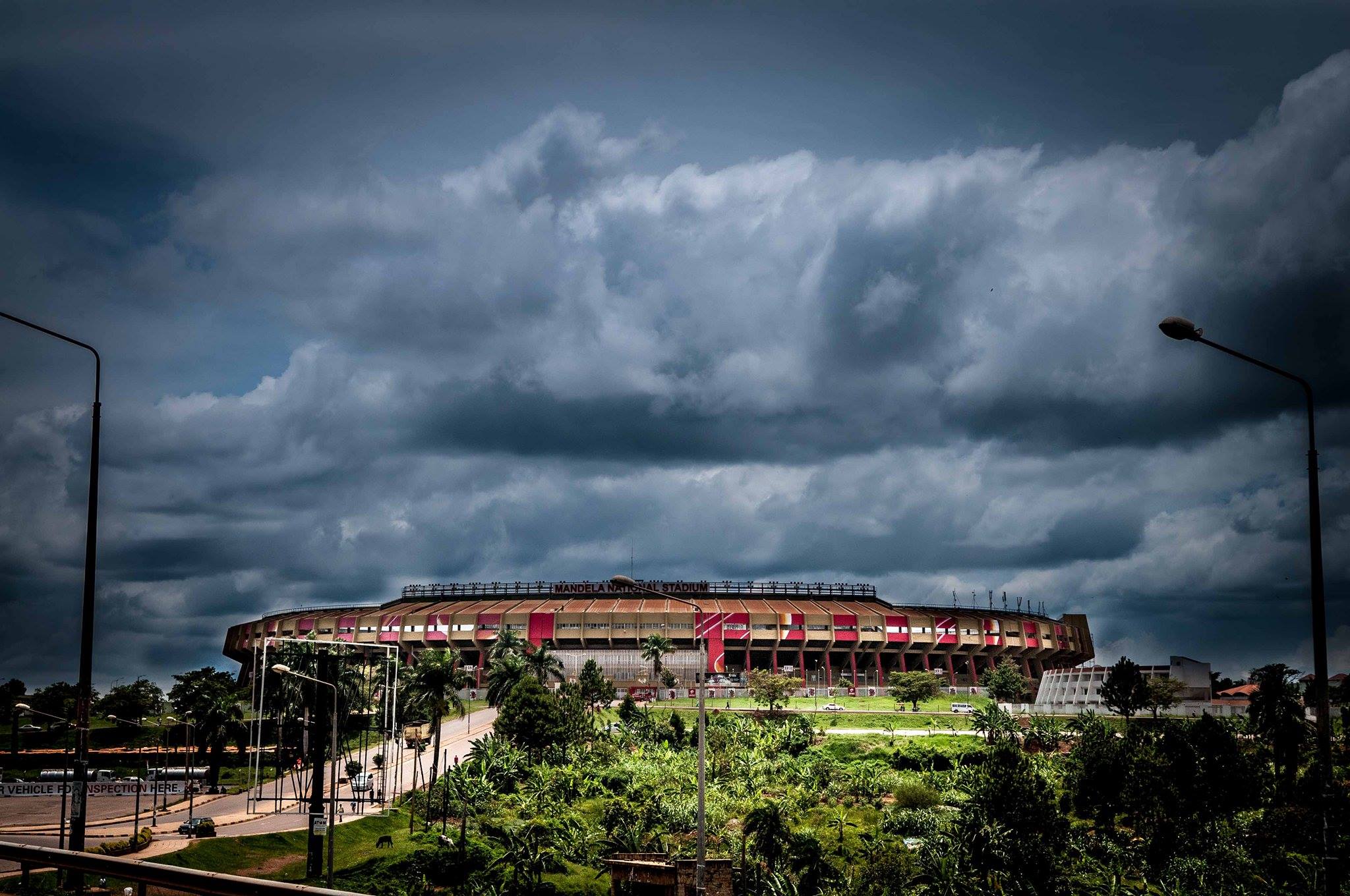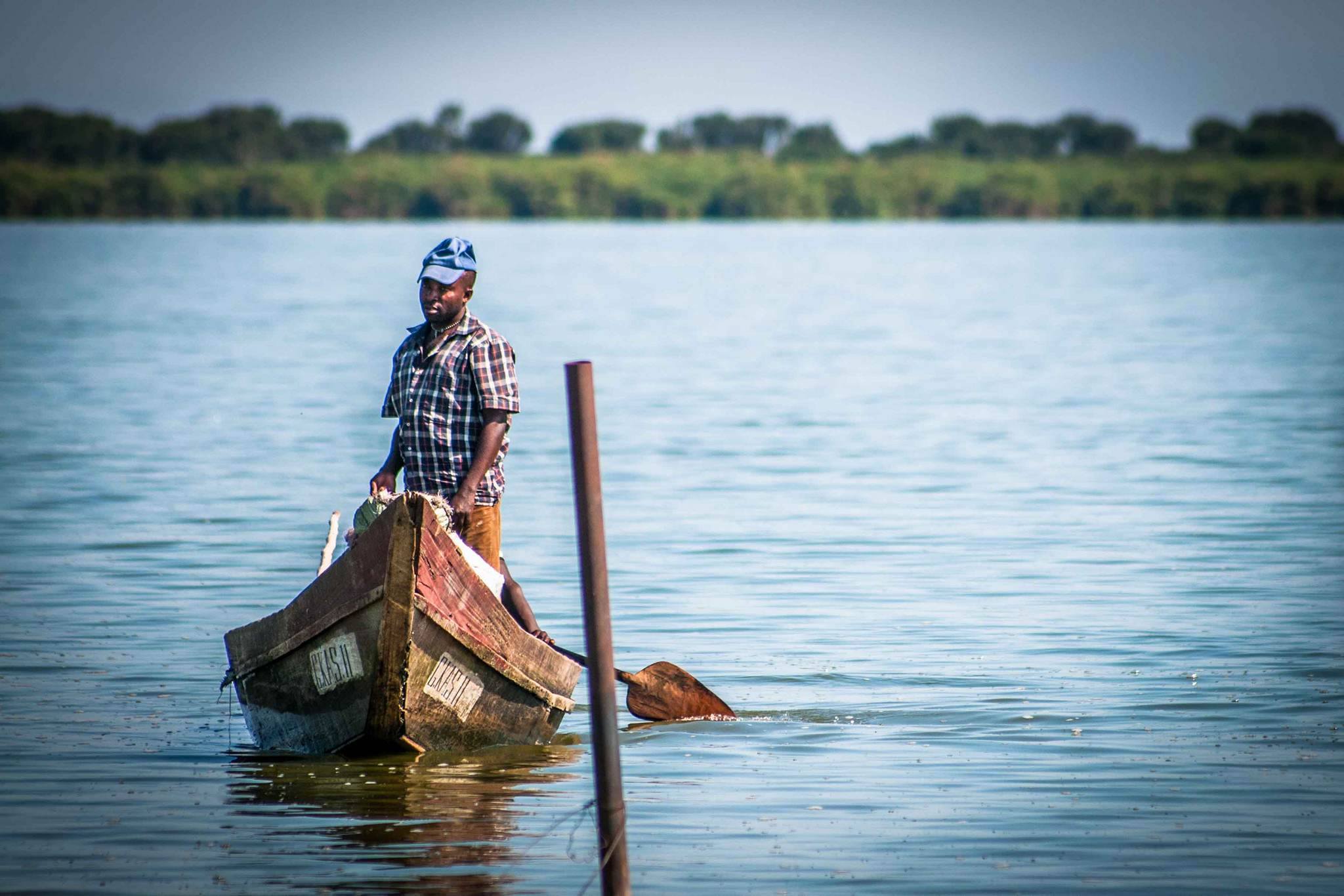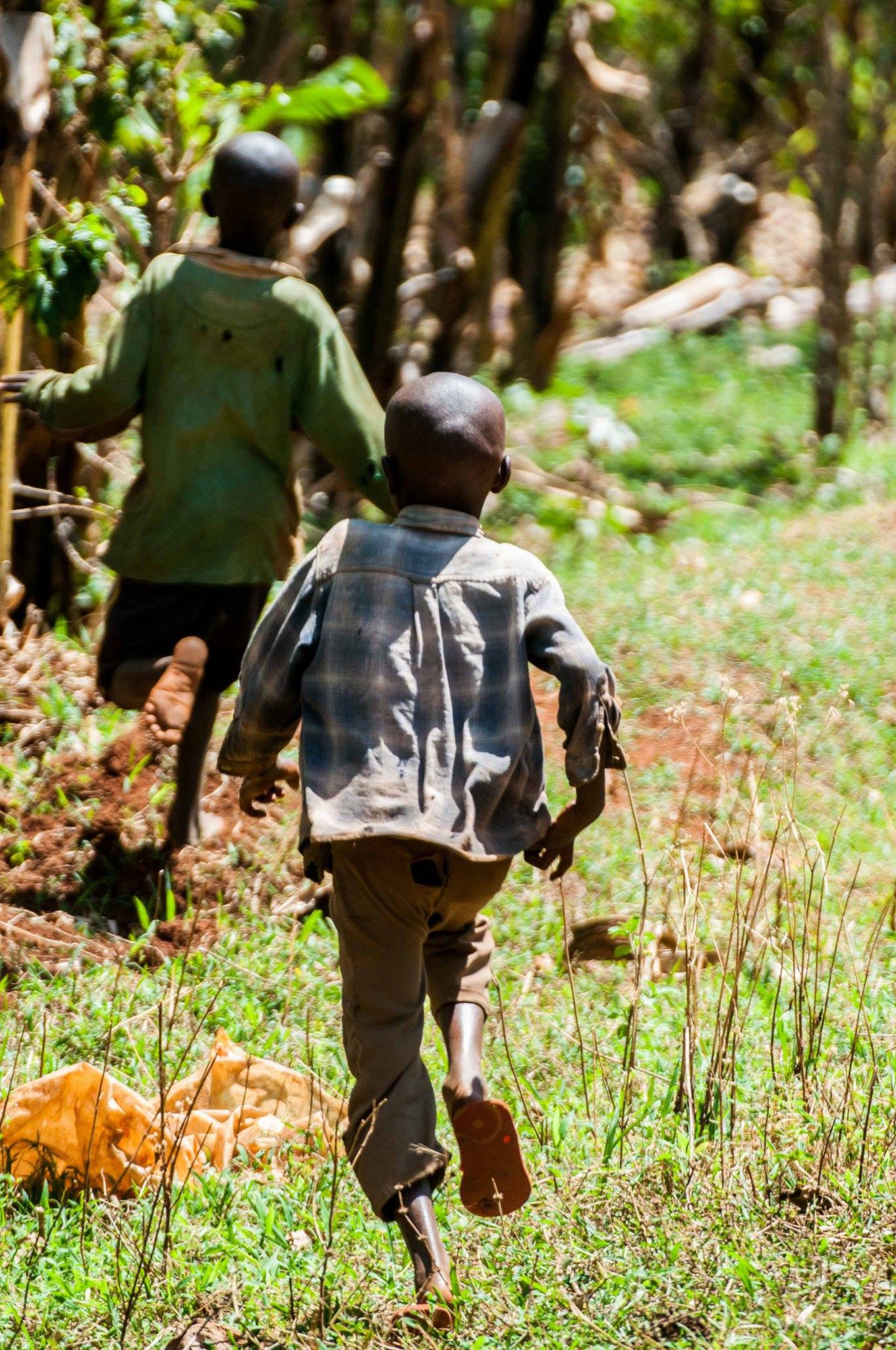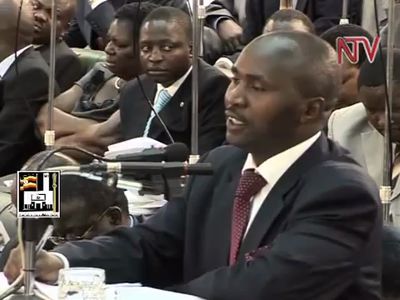Like a great many Africans, I carry a discordant gene that prevents my unfettered allegiance to extreme liberal ideas of freedom. This congenital condition has been known to me for quite sometime.
When certain rights are contested for between the state and citizens for example many of “us” are conflicted. Should the state “clear the way for progress” or adhere to the modern foundations of our chosen government to respect all rights of citizens?
Can there be sensible limits to political competition, including the right to dissent, in the national interest, if as we have seen, competitors for power tend to cut from the same cloth? This made for interesting conversations in the newsroom where I spent a lot of my adult life.
My first editors and newsroom leaders luckily may not have been very brave souls, but Monitor Publications, which they run operated on a certain moral high ground. This meant that doing the right thing, essentially, standing up for the rights of the oppressed and marginalised, informed the reporting agenda.
Yes, and it was that simple. It mostly asked journalists to confront the fears of the public – about certain injustices by overcoming their own. Ugandans came from a history of extreme political violence. Along the way it caricatured public life, emptied trust in state institutions such that there was little co-ownership of the ideas that were used to bandage the bloodied body of civic engagement way into the 1990s when liberalization opened up the media space.
By that time the fresh faced government of President Yoweri Museveni( that enjoyed public support as the great arbiter of the conflict first 30 years of independence by basically calling a time-out to open civil war save for the north of the country) was starting to figure out its path.
However the discordant gene was already wrecking havoc on the national stage. Would the government continue on a socialist path, keep away political competition under its “No Party Democracy” or pursue a new ” liberal” agenda which included support for a free media?
Much of this is now history. Uganda, if one read the books dedicated to its contemporary political life is described as a “hybrid democracy” neither completely free nor completely controlled. Its press is not fully free or fully controlled. Official censorship constantly rears its head but publications, especially online continue to push the boundaries.
As President Museveni, who has remained in power since, said it in an interview with Al Jazeera in the oxymoronic coinage most appropriate for the occasion he is a “wonderful dictator” having earned his “dictatorship” through elections normally the preserve of reproduction of legitimate power in more open systems.

As I said before being a victim of this condition has come with interesting dilemmas. For one it means one is in a hurry to put the cart before the horse.
In 2005 when a referendum was called for the return of multi-party competition I supported the “No” side. I was convinced then and even now that conventional political competition through parties was a ticking time bomb. One could say this was a conservative view, because the consensus (liberal) would be that elections, a free market and a free press were the pillars of stable government.
Moreover I supported Uganda’s involvement, including militarily within the Great Lakes region and still do, even if my understanding of this relationship had always been predicated on how I viewed sovereignty and state building in the context of post-colonial African countries were national boundaries were as great a mental barrier as they were physical ones. This happened even as many newsroom colleagues earned their stripes on conflict reporting in the north of Uganda and Eastern DRC.
In the process I was almost once charged with “aiding the enemy” for reporting on failures of the military against the Lord’s Resistance Army – a strategy I had supported. Later in 2010 I and my editor were briefly held and charged for an article I had written arguing that entrenched political systems would face violent protests – where the forms of reproduction of power such as elections were no longer relevant. This was before the storm in the Arab world – especially Arab North Africa forcefully dramatised the argument.
Obviously despite these contradictions my support for freedom of expression, and of the media personally signalled the importance of the market place of ideas that were not directly linked to political competition. These to me remain foundational forms of civic life and important to human dignity and in many ways stand above the state itself.
The ability to express oneself freely and in so doing contribute to a more positive future still appears a useful formula for stability no matter one’s ideological haste for the progressive African vision.
And here is where Uganda’s “hybrid” status needs clarifying.
While we have seen ideas in action such as nationalism, patriotism, sovereignty and national security, the sort of talk one hears from those who support legal and illegal restrictions on freedom of expression and the media, we see little counter-action to support greater freedoms in public life. The latter has mostly been encapsulated in the survival of the media amidst the often-violent contest for the state.
In other words the media has remained an arbiter of underlying tensions in Uganda, tensions that are themselves captive to not very well formed ideas about how the country should operate. This is what gets transacted in the form of pro-regime or anti-regime debates one hears.
Even if the language of rights, laws, elections, progress and human dignity are used when these debates happen they do not represent a full commitment to these ideas. They however may represent interests, fears and agendas of those who engage with them. A form of subterranean warfare of disguises and innuendos.
When I joined the newsroom – mostly as a news and talk radio producer, Monitor Publications which was the independent daily at the time owed its real legitimacy to the north/south divide in the country. This was mostly driven by a brutal conflict in northern Uganda that saw millions in camps and horrors that reminded Ugandans of the incomplete claims of the establishment to final peace.

It made for rather clear lines of interest and political affiliations. This divide has since been replaced, since the end of the war, with another, that of inequality. The latter tension is now fought out in the towns and cities (as with the current crime wave in Kampala) but while both these “big issues” that boosted interest in alternative views (and alternate media) were dishonestly debated.
In the case of the current “inequality” crisis it is not clear who the state is working for, on whose behalf, and to what end. Ironically, the era of no parties ( even with the war in the north) is now considered a golden age. This is even if it had obvious illiberal credentials compared to the present period where a democratic dispensation in theory holds.
It is likely most people tended to view major national issues through ethnic lenses that they went to great pains to conceal. Even now. At the peak of Monitor’s influence it operated virtually as a tabloid in other words on the fringes of officialdom.
It had a disrupting effect.
It is important to understand this tabloid effect – because it is the breaking of taboo effect to which freedom of expression owes a great deal. Like it’s tabloid predecessors and now successors the Monitor went beyond the dishonesty that covered the internal fears of the Ugandan.
This tradition has today been overridden by social media, which perhaps explains why the most targeted “journalists” today are social media figures or people who have committed some sort of social media offense. People like Stella Nyanzi, Tom Voltaire ( and Gertrude Uwitware whose kidnaping was a sign of the times). It would be good to end here with a comment about the discordant nature of the progressive African’s association with progress.
Before her arrest for her political views, Auntie Stella’s social media posts on other issues, her use of fierce sexual allegory with great effect was well challenging. She received a lot of opposition online. It has been interesting to see her transformation from Queer thinker to political activist, which in itself justifies the importance of free expression. Most people who would not stomach her liberal views on sexuality were able to see past her use of sexual allegory in analyzing and challenging the political establishment.
It is a remarkable thing. There is after all a definite space where people would like to hold power to account and this proves that. The attack on Uwitware is darker and more dangerous. It is a sign that regime supporters (many freelance actors) are willing to take matters in their own hands to discourage especially online speech. In an ideal world they would be satisfied with the right of reply.
But in the inherently dishonest world of “progress” within the context of Uganda’s social and political order these attacks represent fears that are not spoken of openly and frustrations about the future that breed intolerance and violence.
First published as a Note on Facebook
Photos by Andrew Pachuto @szion256










